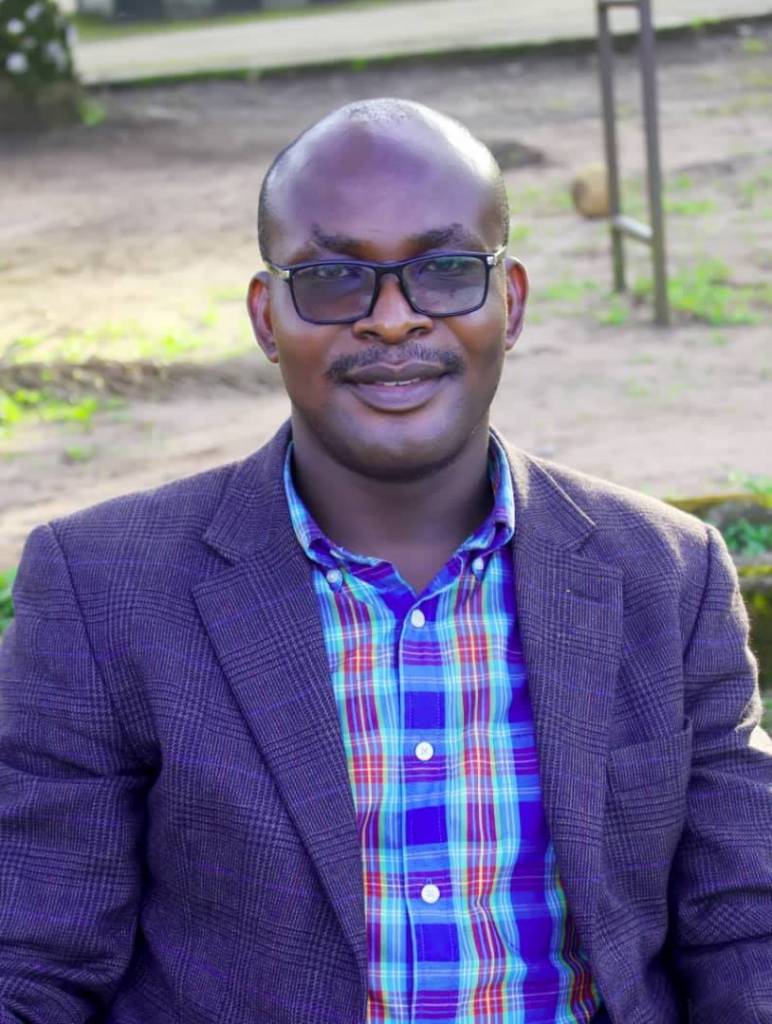SUNDAY, JULY 31, 2022
EIGHTEENTH SUNDAY IN ORDINARY TIME
FIRST READING: ECCLESIASTES 1:2; 2:21-23
SECOND READING: COLOSSIANS 3:1-5, 9-11
GOSPEL: LUKE 12:13-21
Comedian Jack Benny, from TV’s Golden age, had a skit which illustrated how we place money ahead of everything. He is walking down the street when suddenly he is approached by an armed robber, “Your money or your life!” There is a long pause. Jack does nothing. The robber impatiently queried and Jack replied, “Don’t rush me, I’m thinking it over.”
The readings today invite us to think again about our money and our life and what Jesus says about these two subjects. While Jesus was speaking to a crowd, suddenly a young man called out from the crowd, “Rabbi, tell my brother to divide the inheritance of our father.” Jewish law clearly prescribed that at the death of a father, the elder son received 2/3 of the inheritance, and the young son received 1/3. This is obviously a younger son who is complaining about the inherent unfairness of the system. Nothing will divide brothers and sisters more than dividing up family estate. It did not start today. Jesus refused to get involved in a petty family squabble.
Jesus was concerned, however, with a problem that is much more fundamental, a problem that is at the root of injustice; avarice and the undue preoccupation with the things of this world. He said, “Take care to guard against all greed, for though one may be rich, one’s life does not consist of possessions.” The sum total of a person’s life is more than their financial portfolio. He then illustrated this point by telling a story. There was once a man whose land produced a bountiful harvest. So great was his harvest that his barns could not hold the produce. His solution was to tear down these barns and build bigger and better barns. Then, with his financial security in hand, he could sit back and truly enjoy life. His life philosophy was: to eat, drink, and be merry.
Jesus concluded the story by saying that this man was a fool. The question that immediately confronts us is: what did this man do wrong? This man’s stupidity consisted in making material possession his only aim in life and his only insurance policy. He has full barns but an empty heart. Avarice made him forget the real business of life. Avarice is the immoderate and unbridled desire of gaining more and more possessions. A disciple looks to God for security, and not to their own ability to accumulate possessions and lay up wealth for the future. The parable of the rich fool is a wake-up call to pay attention to what is truly important.
The first reading today from the Book of Ecclesiastes insists that all is vanity; all the toil, all our material accumulations will come to nothing. And so, Paul tells us in the second reading to put to death in ourselves, everything that that is earthly. He lists immorality, impurity, passion, evil desire and greed which he calls idolatry. Why does Paul call greed idolatry? Because it gives to possessions, i.e., created things, the greatest value, i.e., the worship due to God. Rather than trust in God, one trusts in possessions.
What folly it is to put our trust in amassing material goods to ensure we have a comfortable life on earth, forgetting the good of the spirit, which is what really ensures for us, through God’s mercy, eternal life. It is okay to want to own what one needs to live well but if possession of material resources becomes an absolute, it leads inexorably to idolatry and all kinds of social evils. Jesus teaches us with this parable that life cannot be secured by possessions, and that existence is a gift outside human control.
So, what can we do in the face of plenty and increased possessions? Some will immediately think of buying a new car, new clothes, a new house etc. Before John Wesley became the founder of the Methodist Church, he was a teacher at Oxford University back in the 1700’s. When he began his career, he was paid 30 pounds per year. That was a lot of money in those days. His living expenses were 28 pounds, so he gave away 2 pounds. The next year his income doubled, but he still managed to live on 28 pounds. So, he gave away 32 pounds. The next year, he earned 90 pounds. He still lived on 28 pounds and gave away 62. In the fourth year, he earned 120 pounds and again lived on 28 pounds and gave away 92 pounds. One year his income reached 1,400 pounds. That year, he lived on 30 pounds and gave away the rest.
Wesley felt that with increasing income, what should rise is not the Christian’s standard of living but the standard of giving and sharing. What a great Christian he was, and what a great lesson he taught us.
Reflect today on your life and your money; the desire to have more and dependence on things of the world. God wants you to depend on Him. Allow the word of God to draw your heart away from the passing things of this world and trust your life to God who is our true insurance policy.
Happy Sunday

Fr Chidi Onwuka M,Ss.Cc
